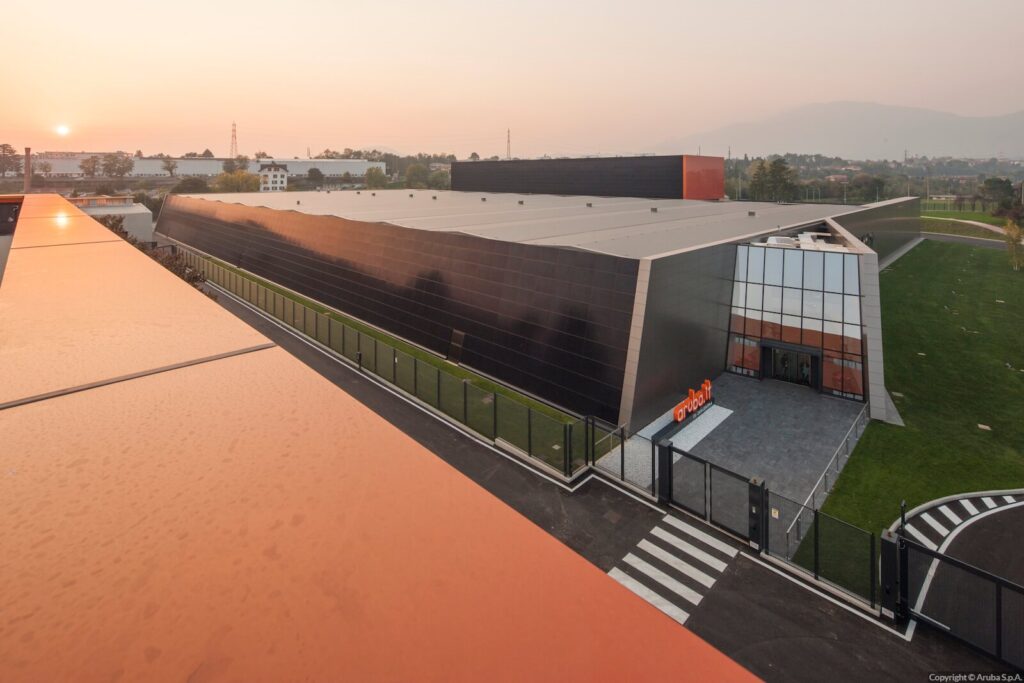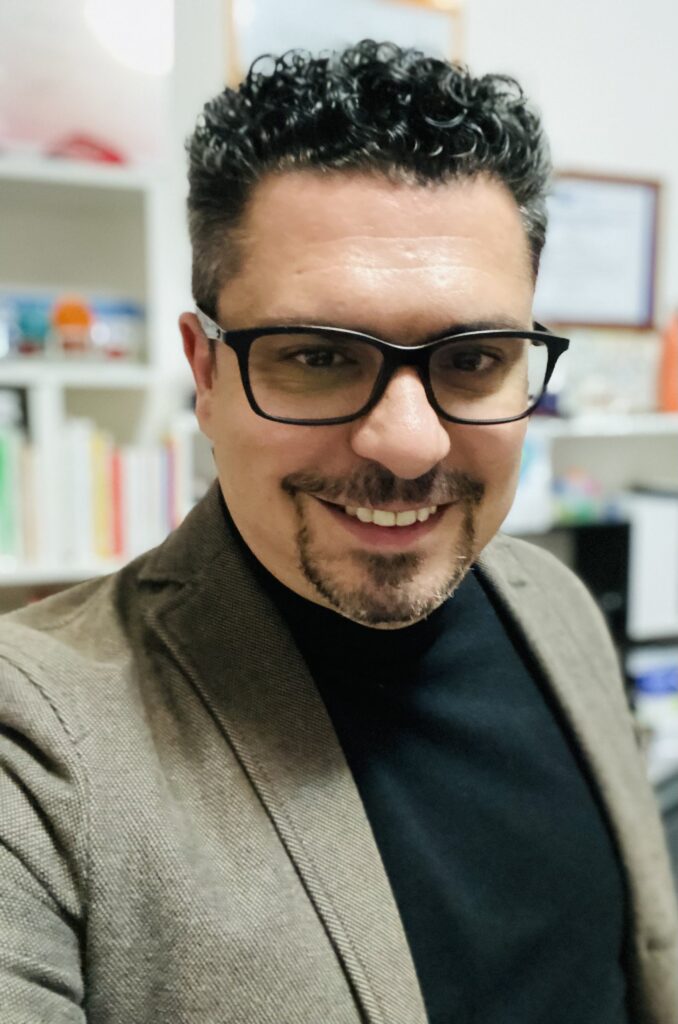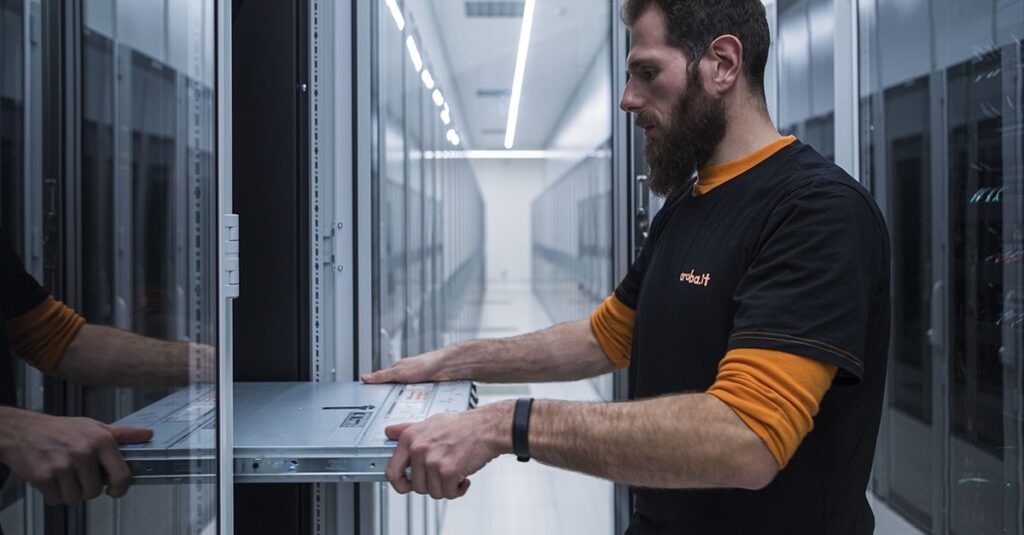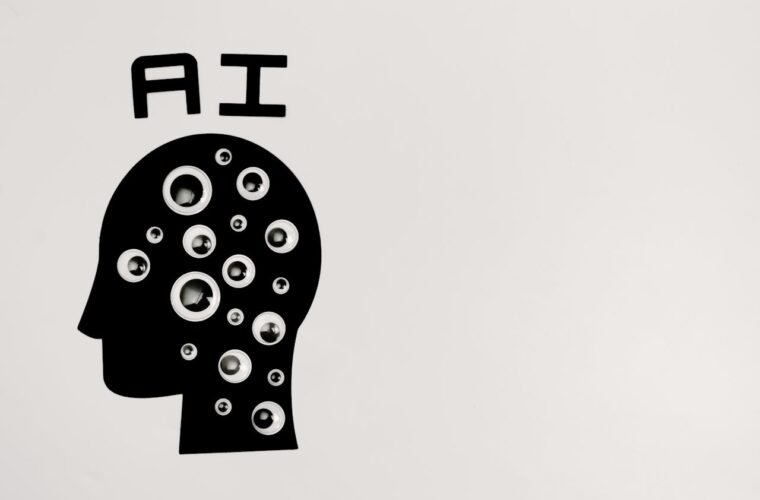Aruba is the leading Italian cloud provider and the first company in Italy for data centre, cloud, hosting, trust services, e-mail, PEC and domain registration services. Founded in 1994, it has a turnover of almost 170 million euros in 2020, has around 900 employees, and more than 16 million customers reached with its various services. One of the most prominent Italian companies in the IT sector, it is constantly looking for new figures to respond to the digital changes, so much so that it has decided to set up an Academy to train future employees in-house. To understand the reasons for this choice and the methods used to improve their teams, we met Italo Piroddi, Head of Aruba Academy.
What is the Aruba Academy, and how and when was it born?
It was born as an initiative aimed at the company’s employees, as a school to keep skills up-to-date in an industry that requires constant updating. The goal was, therefore, the continuous reskilling and upskilling of our staff.
Aruba is a company with a wide range of services, which are constantly changing, so we have always needed to get the news quickly to all our employees (sales, support services, partners, suppliers). That is why one of the objectives, in addition to training new employees on all our activities, is to keep the skills of those who sell our services in the territory up to date.
The Academy encompasses all levels of our competence; from this point of view, Aruba is a Learning Organisation because training is in our DNA and one of our greatest strengths. In 2022 we provided more than 50,000 hours of training for about 1,000 people; last year, we closed at 40,000 hours.

When did you also need to look outside to find new people?
Faced with a severe shortage of highly skilled figures in IT skills, in 2021, we decided to look for young people ready to enter the job market. A need also stems from the dynamics of a market such as cybersecurity, which is a jungle because there are few people with certain skills, and companies are warring with each other to grab them. So we realised it was better to cultivate talent internally according to our needs.
We have partners (Randstad Technologies and Experis Academy, which is a Training Provider of ManpowerGroup Italy) that support us in selecting candidates with an IT background and recent Stem graduates who have curiosity and passion for the sector. With courses designed by us, the Academy allows us to create figures ready to enter the company, already knowing the vision and the systems we use.
How are the courses structured?
The courses last six weeks in a virtual classroom and include an intensive training period, 8 hours a day from Monday to Friday, plus a series of tasks to be done at the weekend. For each course, the opening day is always in-person and includes a tour of the data centres and company premises. We chose the virtual formula because it is an excellent way to involve students and facilitate participation by everyone, regardless of where they live.
It is a way to let the students breathe the air of our group and make them understand that Aruba is a big family where people are taken care of. At the same time, it is also a first attempt to build the loyalty of future employees, even if sometimes someone gets lost along the way between offers from other companies and the inability to cope with the pace of work”.

What do you look for in the young people you select?
Looking at the prerequisites for participation, we focus our search on recent graduates in IT or Stem. However, we want more than just performers; we are interested in innovators, people who are able to understand and make suggestions to improve our systems and grow the company. However, we did happen in one case to select a non-grad who had a fire in his eyes, in the sense of an enormous desire to learn and undertake the course of study.
Each course has a limited number of places. Why?
It tests young people, observing their resistance to stress and their reactions in the field. The number of participants comes from the input of our managers, although we always select more than we should. Before starting the course, however, they know the number of the most deserving ones who can continue the training in the company.
Who are the teachers: internal company people or external experts?
It depends; there are cases where the teaching is planned and carried out by our employees and others where we rely on external people. We will soon be launching a Master’s degree in Cybersecurity with the Polytechnic University of Turin because we will be opening a new data centre in March. This will be a course at a higher level than we have done so far, in which the professors will be from the university, not least because our experts cannot stop working in such a delicate sector for the company.
What courses have you launched so far?
We started with a course for Professional System Administrator, a figure who plans, implements, and verifies all the necessary measures to guarantee security for the information system. There was the course for Technical Operations (Tech Ops), which provides students with a comprehensive knowledge of the entire IT component of the data room, which must be kept secure, orderly and manned, 24 hours a day, 365 days a year. More recently, the SOC Analyst course was launched to train and create expert professionals in cybersecurity and vulnerability analysis of computer systems and networks.
All courses are free of charge for participants, and for those who join the company, there are initial transfer facilities.
Italo Piroddi, Head of Aruba Academy
How do they then enter the company?
As a rule, we select the best five participants, who continue their training in the field for a year. During this period they are supported by more experienced colleagues, but they are already operational and have to help us reduce the gap in terms of skills and workforce. Even those who are not chosen to continue the training still receive a certificate that they can use to find work in other companies.

What reactions and approaches did the participants show during and at the end of the courses?
To understand how things are going and to listen to their feedback, we schedule a weekly meeting before the classes start. For each course there is always a tutor available for the participants, who can find help that goes beyond studying. We have to be careful because we interact with 18-19 year olds, who are sometimes shy and often still unaware of how the corporate world works. The results achieved so far, however, are encouraging, because 80 per cent of the boys selected are still working with us and represent added value for Aruba.
The Aruba Academy uses the didactic/methodological approach based on digital propaedeutics, experience with mentors and consolidation in the field. How is it implemented in practice?
We realised that before arriving in the classroom, the students need the theory, so we prepared Aruba 4 Learning (learning, teaching, connection and inspiration are the 4 basic principles), an internal platform with propaedeutic information that the students can study on their own before the course starts. This is useful because then with the virtual lessons we go beyond theory to experience, with specific focuses that trace company dynamics, laboratories to test what has been learnt and comparisons with the teacher who becomes a facilitator, as he suggests how to proceed and improve in dealing with certain situations.
This is followed by the last phase, consolidation: you leave the comfort zone and move on to the operational area, where you can no longer make mistakes. here the students are guided by our experts but are in the field and operational to all intents and purposes.
What budget does the Aruba Academy rely on?
For what the company calls the training culture there is no defined budget. I don’t want to provide numbers but to say that we have what we need, because if there is a need to go beyond the established threshold, the budget is exceeded without problem. There are no vetoes in this sense, because the objective is to offer what we think is appropriate. Investing in young people means investing for the future of the company.
In Italy there is a huge shortage of highly specialised figures in the IT field. One of the most recent surveys indicates that only 16% of Italians aged between 20 and 29 have a degree in Stem subjects. This leads to a gap with other European countries, where the preparation provided by universities must also be analysed. What can be done to reverse this trend?
The assumption is that traditional degree courses cultivate few talents in IT and cybersecurity, a number that is too far removed from what Italian companies really need. There is a lot of theory unrelated to the needs of business realities, and one solution is to bring universities closer to companies, because there is a lack of dialogue and universities are not familiar with company dynamics and critical issues. In this sense, for example, retired company managers should be involved by universities in order to bring to the students testimonials, mindsets and methodologies in use in companies.
Today, more than in the past, there is a need for specific skills, which are lacking in university curricula. This is why academies such as ours are being set up, because companies need to find profiles adapted to their needs. A more intense and collaborative relationship between the parties would benefit everyone, especially the young people who would find it less difficult to enter the world of work.



